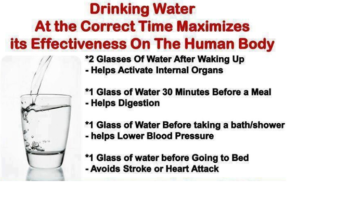The Master Cleanse diet has gained significant popularity as a quick weight loss and detoxification method. Designed to help individuals rapidly shed pounds and supposedly eliminate toxins from the body, this liquid-only diet has attracted both fervent supporters and skeptical critics. Before embarking on this intense dietary journey, it’s crucial to understand its components, potential benefits, and risks.
What is the Master Cleanse Diet?
The Master Cleanse, also known as the Lemonade Diet, is a short-term liquid diet that involves consuming a special lemonade mixture for several days. Created by Stanley Burroughs in the 1940s, the diet consists of three primary phases: Ease In, Lemonade Diet, and Ease Out.
Diet Components
The primary ingredients for the Master Cleanse lemonade include:
- Fresh-squeezed lemon juice
- Pure maple syrup
- Cayenne pepper
- Filtered water
Participants are required to drink 6-12 glasses of this concoction daily, supplemented with salt water flush and herbal laxative tea. The diet typically lasts between 3-10 days, with an average caloric intake of 600-1200 calories per day.
How Does the Master Cleanse Diet Work?
The primary mechanism of the Master Cleanse revolves around severe calorie restriction and liquid-only consumption. Proponents claim the diet helps:
- Rapid weight loss
- Body detoxification
- Increased energy levels
- Reduced inflammation
However, scientific evidence supporting these claims remains limited. Studies suggest that while participants might experience short-term weight loss averaging 4.8 pounds in four days, the results are typically unsustainable.
Potential Risks and Side Effects
Despite its popularity, the Master Cleanse diet poses several significant health risks:
- Severe nutrient deficiencies
- Muscle loss
- Metabolic slowdown
- Potential electrolyte imbalances
- Extreme hunger and fatigue
Medical professionals strongly caution against prolonged use, especially for individuals with pre-existing health conditions, pregnant women, and those with compromised immune systems.
Preparing for the Master Cleanse
If you’re considering the diet, proper preparation is crucial. Experts recommend a gradual transition:
- Eliminate processed foods
- Reduce caffeine and alcohol intake
- Increase water consumption
- Gradually introduce more liquid-based meals
Healthier Alternatives
Instead of extreme diets, nutrition experts recommend sustainable lifestyle changes:
- Balanced, nutrient-rich diet
- Regular exercise
- Portion control
- Whole food nutrition
- Gradual, consistent weight loss
Conclusion
While the Master Cleanse might promise quick results, it’s not a sustainable or recommended long-term weight loss strategy. The potential health risks far outweigh temporary benefits. Anyone considering this or any extreme diet should first consult with healthcare professionals who can provide personalized guidance tailored to individual health needs.
Remember, true health isn’t about quick fixes but consistent, balanced lifestyle choices that nourish both body and mind.





